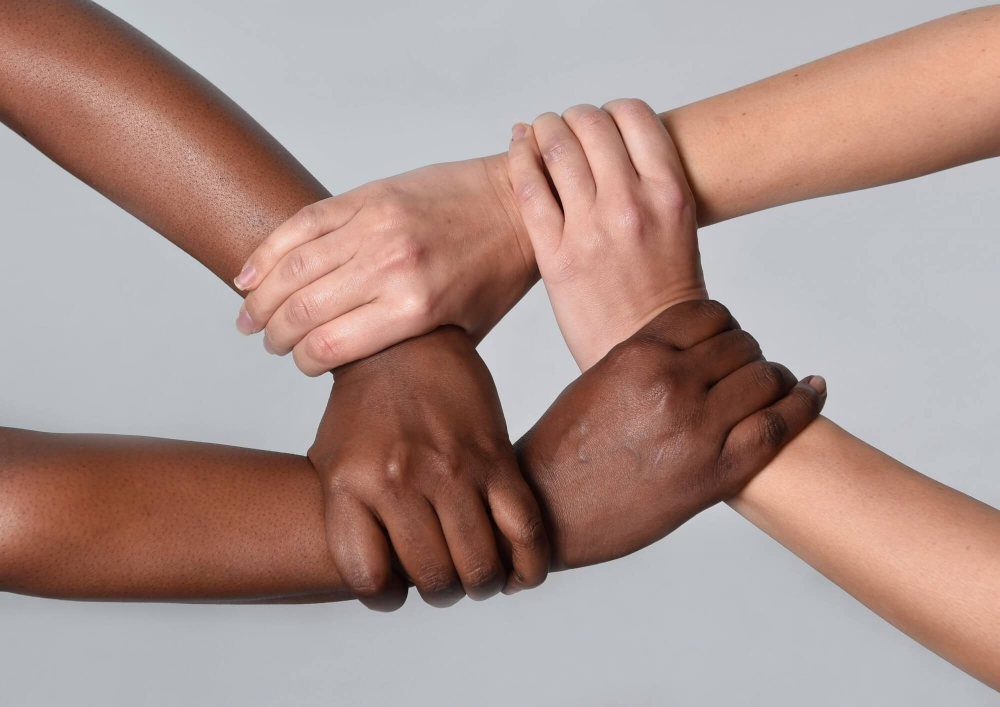

“Tolerance,” said that most articulate of American statesmen, John Fitzgerald Kennedy, “implies no lack of commitment to one’s own beliefs, but rather condemns the oppression, or persecution, of others.”
Certainly, tolerance, or its alter ego intolerance, whether an issue of race, creed, or colour, is something that is being rudely flung in the face of contemporary society. So what have we done to deserve this? Certainly, there appears to also be a distinct lack of compassion around us too, a lack of care, of empathy, a simple concern for others that reeks of a lack of good grace, most noticeable among teens and young adults. It’s almost as if, with the aggressive nature of social media, its global accessibility, and the enabling tools of online communication and imagery, these young people feel they must commit to opinions or sentiments at the extremities of notion. That to be uncertain or uncommitted is a sign of weakness, of prevarication.
There is truth in Benjamin Franklin’s opinion that ‘there are no certainties other than death or taxes,’ wouldn’t be a bad sentiment to accept. Because not being negotiable actually puts one in a position of weakness. They are built on certainties that don’t exist, minimum standards and compliance, and therefore attach themselves to minimum standards of achievement, which is so incredibly wrong.
The uncomfortable reality though, is that such veiled dogmatism is a sign of significant weakness, for only in dogma do you ‘paint yourself into a corner,’ from which extraction can be so painful as to maintain a false defence of self, and so, not only is one’s social media persona questioned, but one’s opinion of, and confidence in themselves is called into question, and on such fragile foundations all long-held belief and judgement is called to question.
Young people, at this time of life, must have the confidence to express their opinions so we adults must similarly be wary of giving them the opportunities to express themselves, while at the same time offering examples of the wrong types of responses. One very clear element of social media that can be excessively harmful to the youthful generation is sarcasm, a weapon that we more mature adults have learned to use as a conversational or argumentative device, and it can cut like a knife, surgically, painless at first, but ultimately, cruelly.
We, the elder, more enlightened generation, unfettered by the myriad of restrictions imposed by an increasingly intolerant society, tended to express our opinions in what may be seen as an ‘unfiltered’ manner, yet one that had two key factors. The first was integrity, honesty, clarity, whatever you would call it now... the message would be understood by everyone who saw or heard it. However, even more importantly, there was an open-ness to discussion and debate, and opinions could change or be changed, without either party feeling like they had been slapped down.
The lack of tolerance, resilience, or flexibility in discussion, whether online or in person, contemporarily, is so alarming. What is it that forces anyone, especially young people, to become so fixed, so intransigent, so un-listening, so unwilling to see alternatives, or other perspectives in discussion? Are they intimidated, scared... I wonder, or are they simply encouraged to say nothing unless indoctrinated? There could be any number of answers, or none, and either is a scary thought.
The reality, as Robert C Gallagher said, is that “if we really do think the art of discussion is dead, we should try telling a kid to go to bed.” Just think about it... at that specific time they are able to conduct a negotiation, make relevant statements, become more articulate, vocalizing so much more effectively than during any other time during the previous twenty-three and a half hours... They upskill so effectively that... upon reflection... we parents take comfort in the knowledge that they will survive, even in a bigoted, ‘dog eat dog world.’
Oman Observer is now on the WhatsApp channel. Click here



